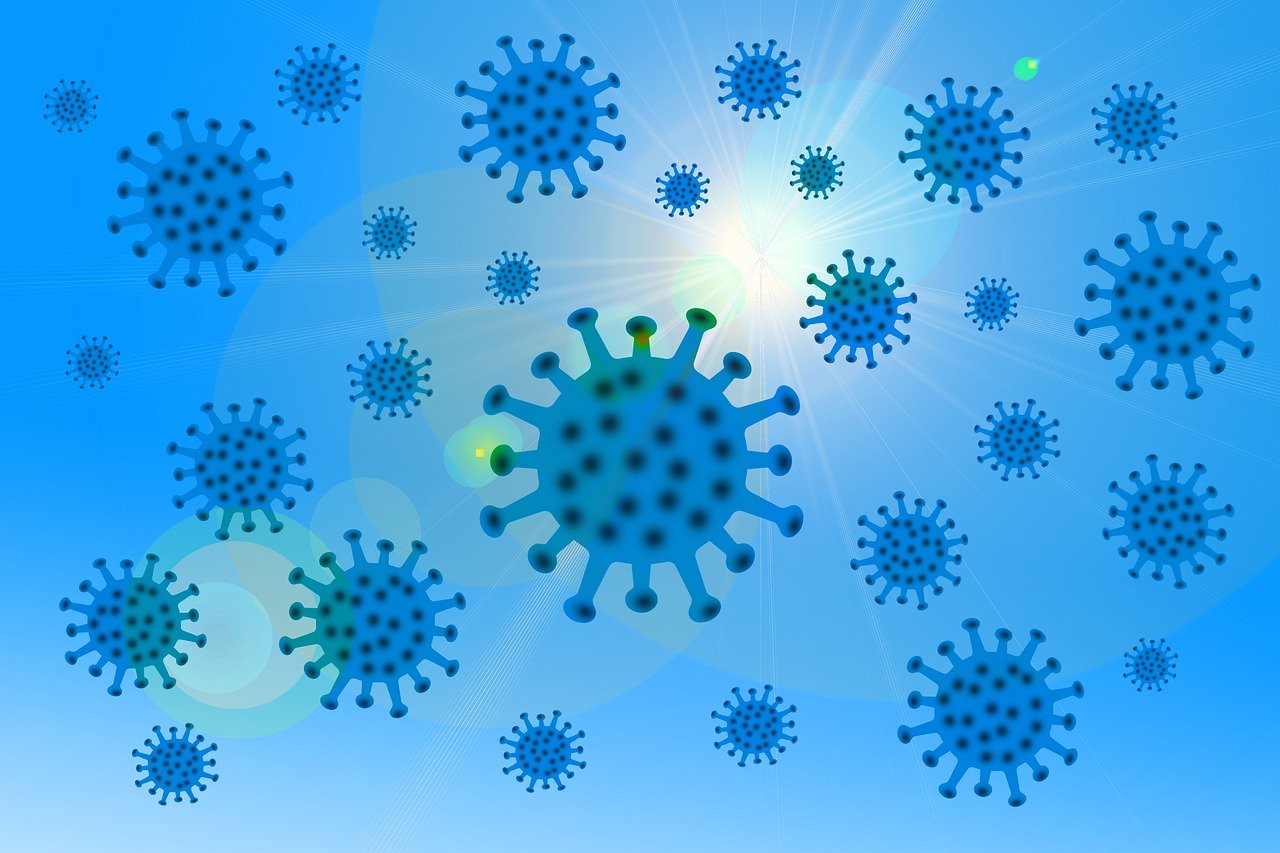Acute alcohol intoxication may significantly expand the danger of suicide by diminishing inhibitions and expanding depressed state of mind. The intense impacts of alcohol intoxication go about as significant proximal risk factors for suicidal behavior among people with alcohol use disorders and those without.
A new study published in the “American Journal of Psychiatry” finds the link of alcohol use disorder (AUD) with suicide risk. The lead author, Alexis Edwards finds that alcohol use disorder is a strong risk factor for suicide, with a generous association continuing in the wake of representing jumbling factors.
These discoveries underscore the effect of alcohol use disorder on suicide chance, even with regards to other dysfunctional behavior, and implicate the period not long after a clinical or criminal alcohol use disorder enlistment as critical for efforts to diminish alcohol-related suicide.
Study the results in detail here.
An assistant professor, Edwards, at the VCU School of Medicine tells that more than two million people were included in the present study. This study is the largest population-based study on alcohol use disorder and its link with suicide.
Read more-Cardiac Rehabilitation Programs Increase Survival Chances Following a Heart Attack
It’s hard to interpret populace level insights into singular stories, however, one approach to think about this is somebody could have originated from an incredible family condition with no noticeable hazard factors. Like youth misuse, or neediness, or a parent with extreme psychological sickness and if parents get alcohol use disorder that by itself puts them at a higher hazard for suicide.
This study suggests that doctors should be fully aware of suicide risk among all patients with alcohol use disorder history. These patients ought to be officially evaluated for suicide risk.
The Edwards team is awarded more than nine million dollars because of additional studies related to suicide and alcohol use disorder by the National Institutes of Health’s National Institute on Alcohol Abuse and Alcoholism.
The NIAAA characterizes alcohol use disorder (AUD) as a chronic disease described by habitual alcohol use, loss of authority over alcohol consumption and a negative passionate state when not utilizing.
Edwards explains that it was the most striking to researchers when a pronounced association between alcohol use disorder and suicide was observed even after they control for psychiatric comorbidity. It was interesting to see that both environmental and genetic factors contribute to the association between alcohol use disorder and suicide death.
The dean of the VCU School of Medicine and interim senior vice president for VCU Health Sciences and CEO of VCU Health System, Peter Buckley finds that Dr. Edwards’ work adds to the comprehension of the health dangers related to an alcohol use disorder.
Edwards tells that as a result of the investigation’s size the discoveries were steady in an uncommon manner. Having information over decades was vital to the examination, permitting Edwards to look at how the relationship between alcohol use disorder (AUD) and danger of suicide moves after some time. It was striking to see that the raised risk endured for actually decades.


